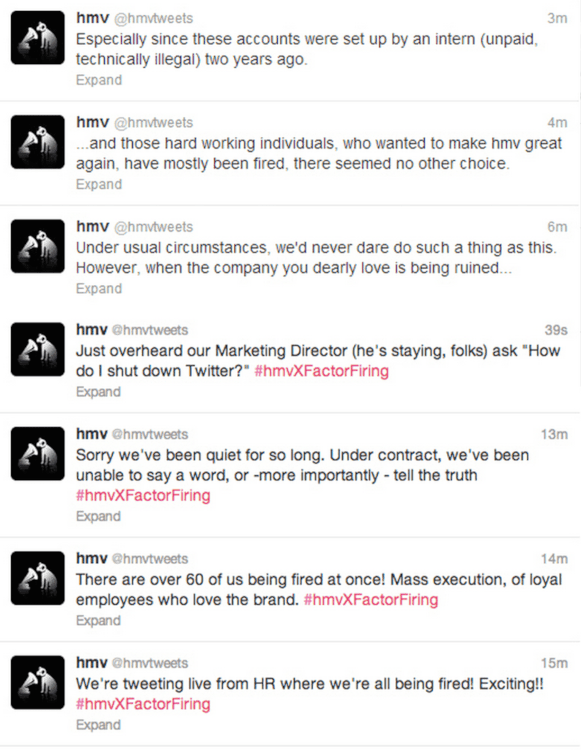Blog and News > socialmedia > The Impact Of Social Media For A Startup
The Impact Of Social Media For A Startup
Can you remember a time when you would report people that were following you, no one knew what a hashtag was, and a selfie was...well…you get the picture.
Social media has exploded over the past few years and businesses can no longer ignore the importance of a strong social presence behind their brand. However, it can be quite intimidating for smaller startups to enter the world of the big players, with their flashy ads and millions of likes.
The truth is, it is one of the cheapest ways of self marketing and one not to ignore. Facebook’s Director of Small Business, Dan Levy, recently commented that “If you know how to use Facebook as a person, you can use it as a business.” It is never too late to start building connections and below are a few things to consider when delving into the pool of tweets and likes.
1. Build Your Following.
Marketing guru’s would argue that the most important thing with social media is posting decent content regularly but content is useless if you have no one to read it.
The good news is that most social media sites, including Twitter, Facebook and LinkedIn, allows you to advertise within budget. Using intelligent data tools (like CANDDi), you will also be able to target your key demographic to optimise your ad campaign. Facebook now claims that it has over 2 billion connections between members and local businesses.
Remember, sometimes it can be quality over quantity and having a following of 1,000 users that are interested in your brand and your product is worth more than 100,000 users that added you because you posted a video of a dancing cat!
2. Monitor Your Feedback.
It is a great idea to trial different types of posts to see what engages your audience. You can then measure the success or lack of success of each interaction. This means consistent monitoring of activity and being reactionary to the changes in trends. It is very fast paced and there are some great tools out there that can make it easier to keep an eye on it all and ensure you don’t miss opportunities.
We use Buffer to keep track of social media activity, it is great at analysing information across multi platforms and allows you to compare data really easily.
3. Treat It Like Your Local.
44% of users have said they distrust businesses on social media. It is important to promote your business and not lose focus of your brand but, just like a corner shop, it takes time to build that trust. Engage in appropriate conversations and provide intelligent industry advice that doesn’t always link back to you and what your business provide.
Starting to interact in conversations with industry leaders, local groups and relevant forums, in a friendly and interesting way, will build your profile and prevent you from becoming known as a business that clogs customer’s news feeds.
4. Take It Seriously.
It can be easy to underestimate the impact of social media on a brand’s reputation. One wrongly placed tweet can be commercial suicide and can undermine all the time, energy and money spent on clever ad campaigns. Potential customers find businesses over social media and this is a direct line of contact with your client base. Just like sales scripts and point of sale, ensure that any content going out is signed off by a manager.
Another tip, hell hath no fury than an employee scorned; remember to keep all accounts under company trading name and email. Remember to change passwords after firing the social media coordinator.
HMV learned the hard way:

Hope that helps!
Alice Flook
@flook88
CANDDi
Who, what, when, now.